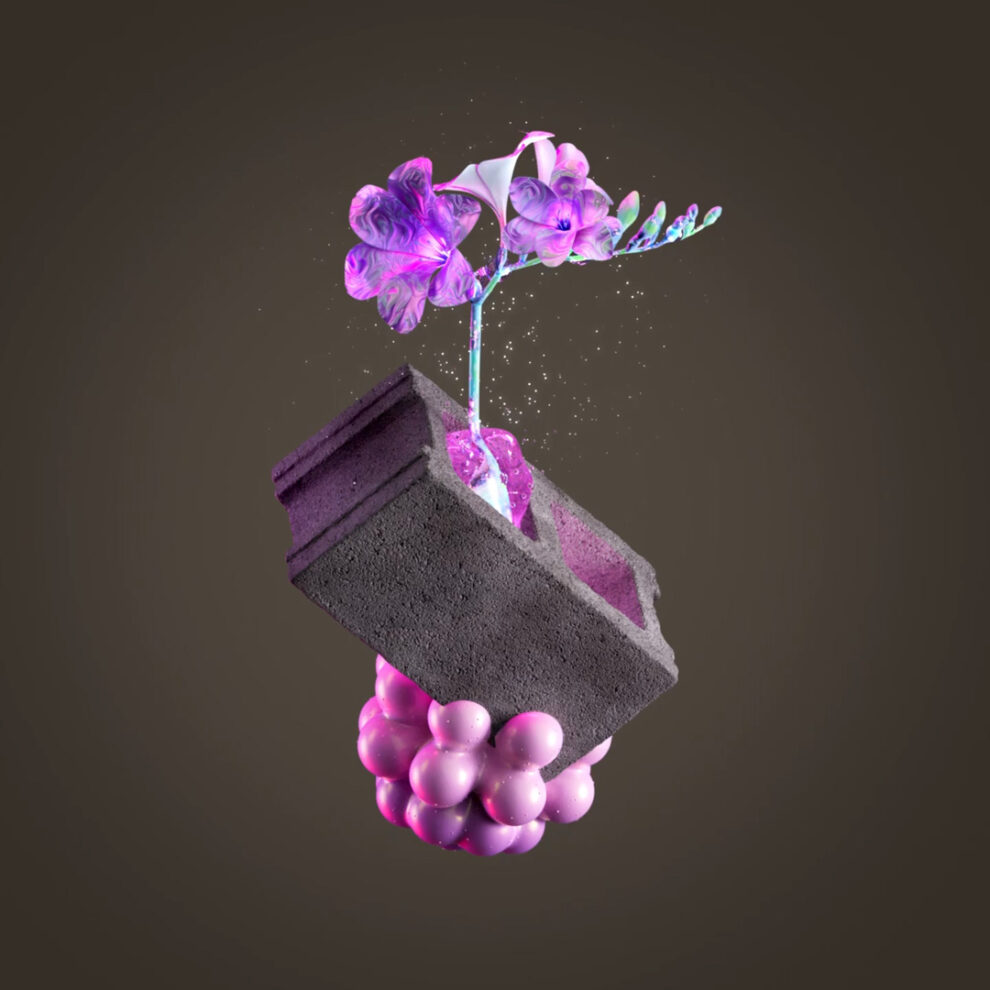Shostakovich and Melbourne, Cheremushki
Famed 20th-century composer Dimitri Shostakovich went 24 years after the composition of Lady Macbeth of Mtsensk before writing his next stage work Moscow, Cheremushki.
Why?
Dimitri Shostakovich, now well remembered as one of the great composers, reached a creative high point in his 20s with the composition of his operas The Nose (1930) at age 24 and Lady Macbeth of Mtsensk (1934) at age 28. These two wild and brilliant works could easily have placed Shostakovich on a career trajectory to become one of the greatest opera composers of the twentieth century. However, as his star grew he was soon cut down to size by not just the Soviet system, but supposedly Stalin himself. Lady Macbeth, which tells the story of a lonely women in 19th century Russia driven to murder, caused a great scandal not only for its content but also its musical aesthetic. This popular opera proved to be an irritation in the side of -the Soviet beaurocracy and prompted a response from the regime. Stalin wished for the composers of the state to write joyful, optimistic music and to adhere to the policy of ‘Socialist Realism.’ After walking out during a performance of Lady Macbeth in January 1936, an article appeared in the government propaganda newspaper Pravda, denouncing the opera in harsh language. This article is now thought to have been written by Stalin himself.
“muddle instead of music, an ugly flood of confusing sound…a pandemonium of creaking, shrieking and crashes”
Following this sever take down of his music, Shostakovich returned in 1937 with a concert work, the Symphony No. 5 subtitled A Soviet Artists Reply to Just Criticisim. It is worth remembering that the Great Purge and mock show trials of commenced in 1936, as Stalin solidified his hold over the Communist Party. Many of Shostakovich’s friends, relatives and colleagues were imprisoned or killed during this period.
From this point, Shostakovich would not write a major theatre work until the composition of Moscow, Cheremushki in 1958 during the Krhushchev Thaw. The Krhushchev Thaw was a brief moment after the death of Stalin in the late 1950s and early 1960s that allowed more artistic and social freedoms in the Soviet Union.
Set in the titular district of Cheremushki in Moscow this Soviet-operetta portrays the lives of its motley residents facing homlessness and are kindly bestowed the new estate by the State. Access to the estate is restricted by a corupt offical, however the residents overcome this adversity with the aid of the ‘magical garden’ and eventually gain access to their brand new apartments.
The operetta is considered a masterpiece of Soviet music and has remained popular in Russia for its charming melodies, humorous lyrics, and satirical commentary on Soviet society. It is often regarded as a cultural touchstone for the Soviet people and is still performed regularly in Russia today. A seminal performance was produced for televsion in 1962 which remained a New Year’s Eve tradition for another 10 years after it’s airing.
Suffering heart attacks in 1966 and 1971, Shostakovich went on to composer his final two symphonies after the premiere of Moscow, Cheremushki, of which the fourtienth was dedicasted to Benjamin Britten, who conduted the Western European premiere in 1970. He died in August 1975 in Moscow.
